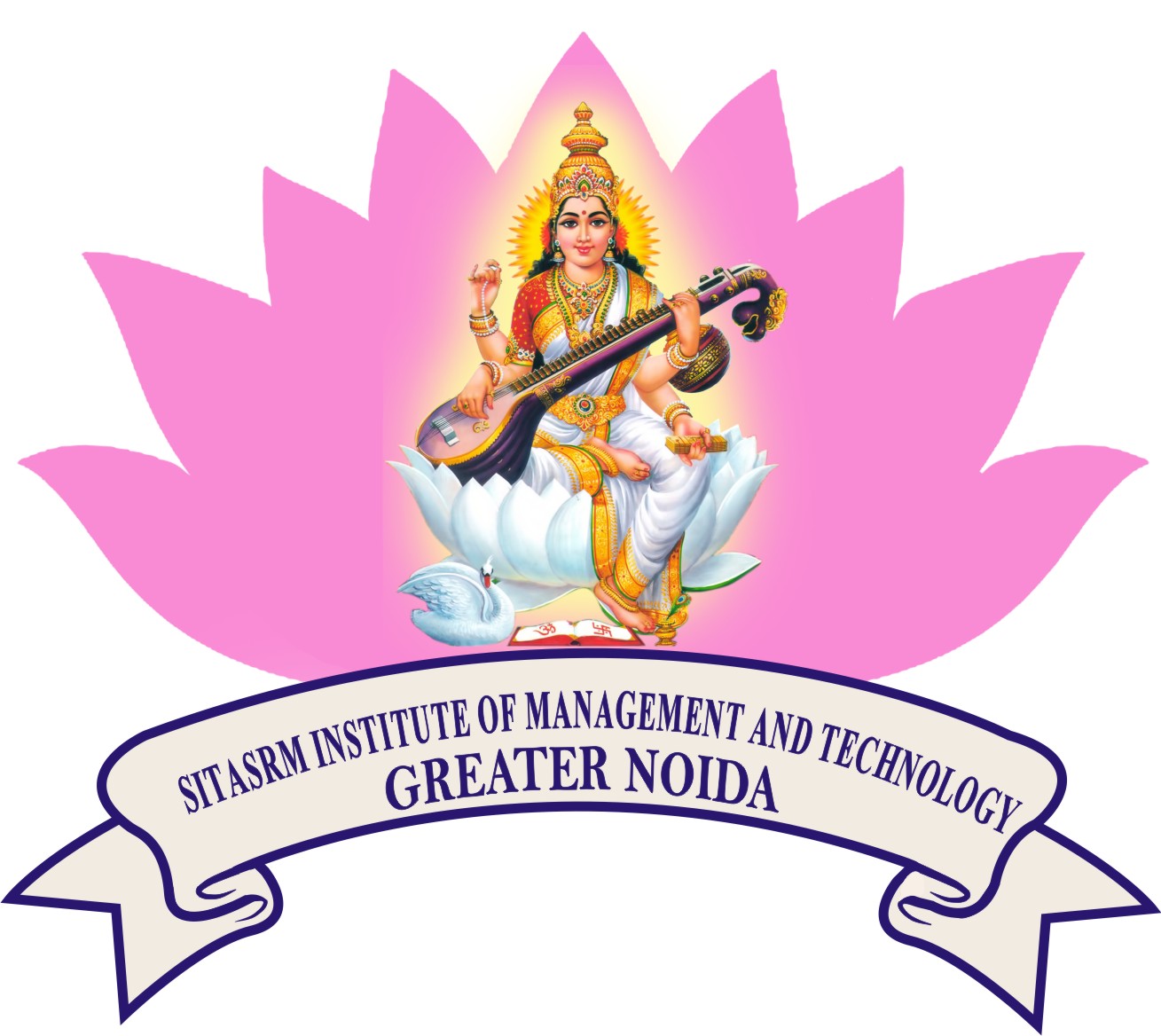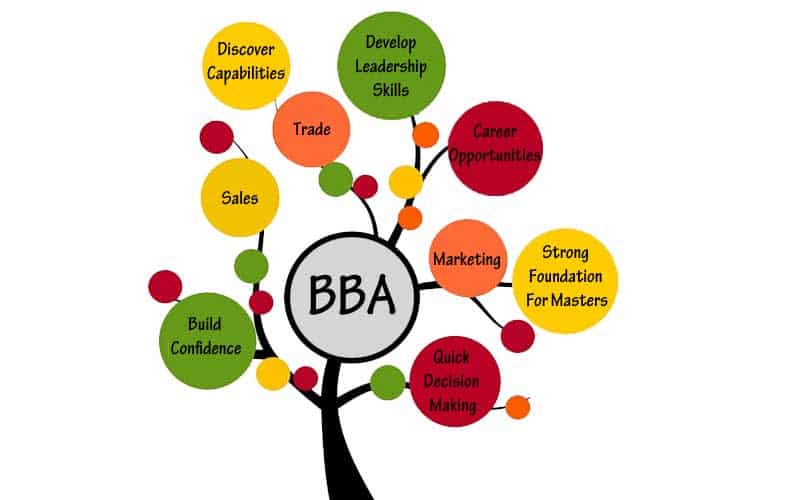 SIMT
SITASRM INSTITUTE OF MANAGEMENT & TECHNOLOGY
SIMT
SITASRM INSTITUTE OF MANAGEMENT & TECHNOLOGY
 SIMT
SITASRM INSTITUTE OF MANAGEMENT & TECHNOLOGY
SIMT
SITASRM INSTITUTE OF MANAGEMENT & TECHNOLOGY

SIMT
SITASRM INSTITUTE OF MANAGEMENT & TECHNOLOGY
Menu
Essential Guide to Database Management Systems (DBMS)
Introduction
Ever wondered how your favorite social media app instantly pulls up your friend's profile? Or how online stores flawlessly manage millions of products and orders? The secret often lies within something called a Database Management System (DBMS). For MCA students, understanding DBMS isn't just about passing an exam; it's about gaining a superpower in the digital world.
Let's dive into what makes Database Management Systems so crucial and how they empower the applications we use every day.
What Exactly is a Database Management System (DBMS)?
Imagine a giant, super-organized digital filing cabinet. That's a database. Now, imagine a powerful librarian who not only manages this cabinet but also ensures data is accurate, secure, and easily accessible. That librarian is the DBMS.
In simpler terms, a Database Management System is software that allows you to create, maintain, and interact with a database. It acts as an interface between the users/applications and the actual data stored on disk. This system ensures data integrity and helps manage large amounts of information efficiently. Without a robust Database Management System, modern applications would simply grind to a halt.
Why is DBMS a Core Subject for MCA Students?
As an MCA student, you're on your way to becoming a skilled IT professional. Regardless of whether you specialize in development, data science, or cybersecurity, you'll constantly interact with databases. A strong grasp of Database Management Systems provides several key advantages:
-
Building Robust Applications: Every significant application, from banking systems to e-commerce sites, relies on a DBMS to store and retrieve data.
-
Data Handling Skills: You'll learn how to organize, query, and manipulate vast amounts of data effectively.
-
Problem-Solving: Understanding DBMS helps you design efficient solutions for data storage and retrieval challenges.
-
Career Opportunities: Knowledge of Database Management Systems is a foundational skill for roles like Database Administrator (DBA), Data Analyst, Software Developer, and more.
Key Components of a Database Management System
A typical DBMS isn't just one piece of software; it's a collection of interconnected components working together.
-
Data Definition Language (DDL): This part helps define the database structure. Think of it as creating the blueprint for your filing cabinet. Examples: CREATE TABLE, ALTER TABLE.
-
Data Manipulation Language (DML): This allows you to add, update, delete, and retrieve data. This is how you put files in, take them out, or change their contents. Examples: INSERT, UPDATE, DELETE, SELECT.
-
Query Processor: It translates your requests (queries) into actions the DBMS can understand and execute.
-
Storage Manager: This component handles the actual storage of data on disk and manages access to it.
-
Transaction Manager: Ensures that database operations are reliable and consistent, even during system failures. This is crucial for maintaining data integrity.
The Power of the Relational Database Management System (RDBMS)
While various types of Database Management Systems exist, the relational database management system (RDBMS) is by far the most dominant in the industry. It organizes data into tables (relations), where each table has rows and columns.
Why RDBMS is popular:
-
Structured Data: Data is stored in a highly organized and predictable manner.
-
ACID Properties: Relational database management system transactions adhere to Atomicity, Consistency, Isolation, and Durability, ensuring data reliability.
-
SQL (Structured Query Language): This standard language is used to interact with RDBMS, making it easy to learn and widely applicable.
-
Data Integrity: Strong mechanisms ensure data accuracy and consistency.
Consider an "Online Shopping Orders" table in a relational database management system. This table could have columns like OrderID, CustomerID, OrderDate, TotalAmount, and DeliveryStatus. Each individual row in this table would then represent a unique customer order.
Beyond the Basics: Important DBMS Concepts for MCA Students
As you delve deeper into Database Management Systems, you'll encounter advanced concepts that are vital for real-world applications:
-
Normalization: A process to organize data in a relational database management system to minimize redundancy and improve data integrity. You'll learn about 1NF, 2NF, 3NF, and BCNF.
-
Indexing: Creating indexes (like a book's index) significantly speeds up data retrieval in a Database Management System.
-
Transaction Management: Ensuring that database operations are completed entirely or not at all, maintaining the database's consistent state.
-
Concurrency Control: Managing simultaneous access to the database by multiple users without causing data inconsistencies.
-
Database Security: Protecting the database from unauthorized access, corruption, and cyber threats.
Final Thoughts for Aspiring MCA Professionals
Understanding Database Management Systems is non-negotiable for anyone pursuing an MCA degree. The principles you learn here will underpin much of your future work, whether you're developing software, analyzing data, or managing IT infrastructure. Master the core concepts, get hands-on with a relational database management system like MySQL or PostgreSQL, and you'll unlock tremendous opportunities in the digital economy. Your journey to becoming a proficient professional starts with mastering the Database Management System at SIMT. Join us and lead the race of professionals.
 (1).jpg)



















































